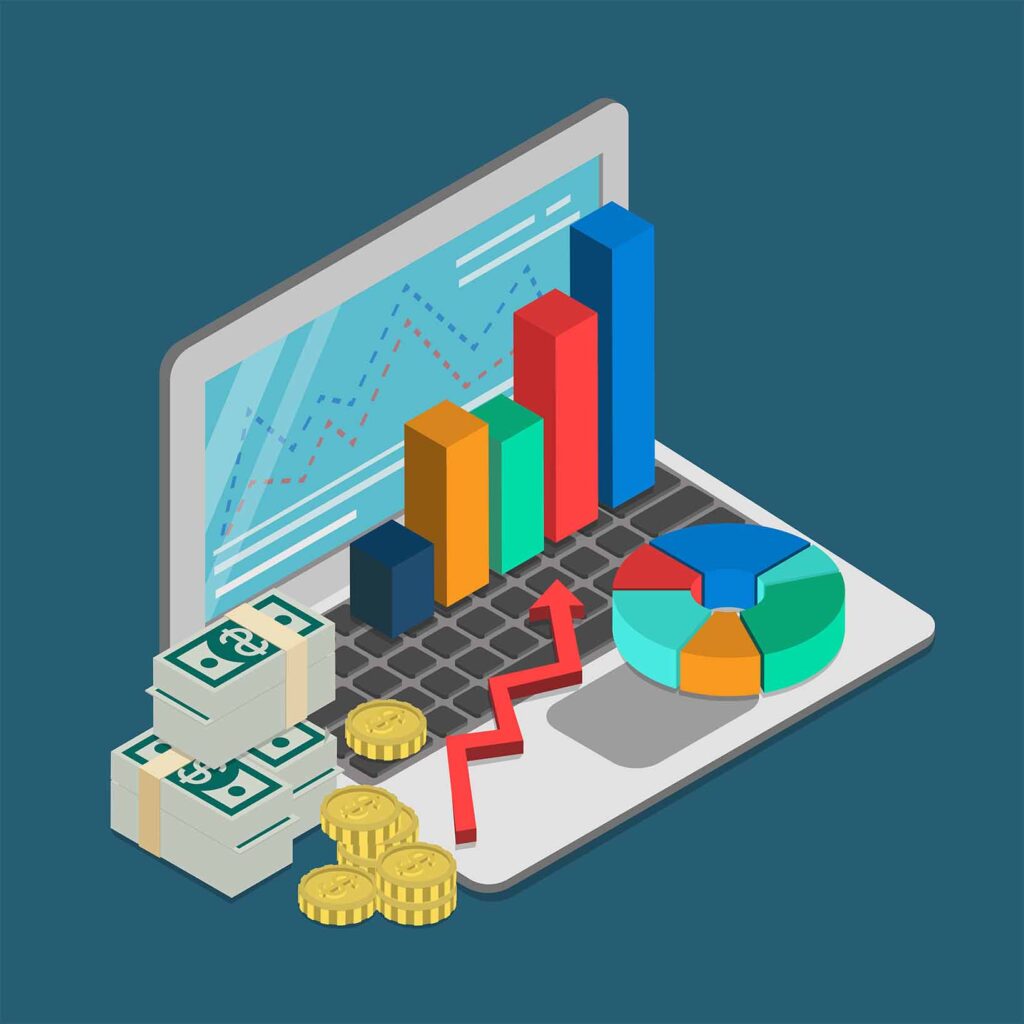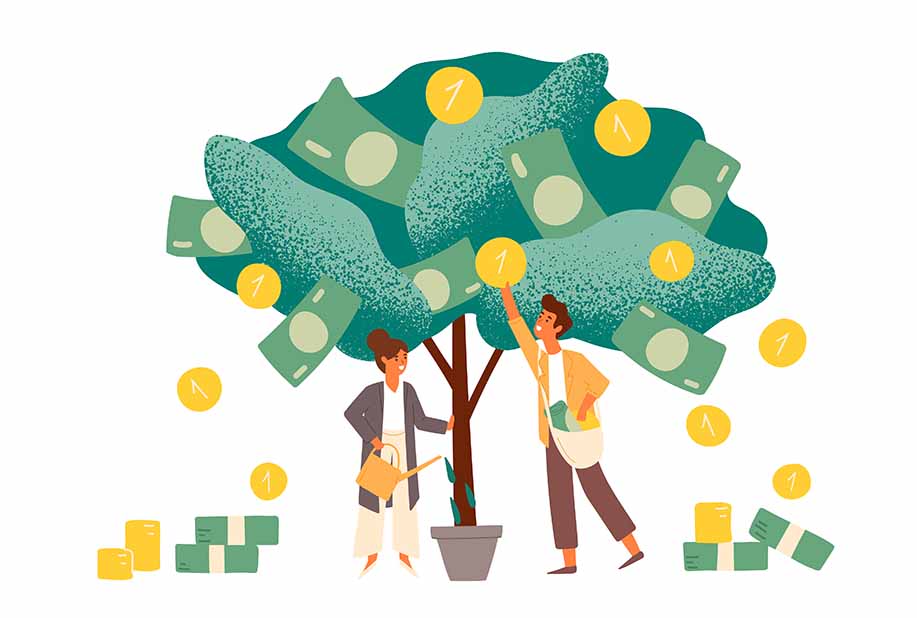The federal government, in my opinion, has done a very good job providing relief for small businesses during the Coronovirus pandemic. The Paycheck Protection Program, despite its early miss-steps, has delivered more than half a trillion dollars in needed funds. Payroll tax deferrals and tax credits have helped ease cash strains. Additional unemployment checks have assisted many freelancers and independent contractors. But if you’re a certain type of small business owner, there’s one federal program that you should also strongly consider, despite what some people are saying. That’s the Main Street Lending program.
The Rundown
The program – which will be launching very shortly – is not without good intentions. Backed by the Federal Reserve, it’s making available as much as $600 billion in loans through participating financial institutions. At first, the program was designed mainly for mid-sized companies. But now those requirements are relaxed and a good many small businesses should have an interest. Granted, this is not for all small businesses. The minimum loan amount is $250,000 (and many are lobbying for that to be reduced to as low as $100,000). The Fed, which started signing up bankers on June 15 and is accepting comments on their most recent version through June 22, will underwrite 95 percent of the loans.

Even so, the program is meeting with tepid response. “As much energy and excitement as there was and has been around the PPP, we’ve not seen or felt that around the Main Street program,” Jim Donovan, the head of commercial and industrial lending at Bryn Mawr Trust in Pennsylvania told American Banker. “Yeah, I know [the Fed] has been adjusting it and making revisions along the way. But literally, the inquiries I’ve received have been two or three.”
This isn’t surprising. Most mom and pops wouldn’t meet the income requirements needed to qualify even for the minimum loan amount. Many have received PPP money already and many others are applying for help through the Small Business Administration’s Economic Injury Disaster and other loan programs. Others still aren’t crazy about taking on any additional debt. But there are lots of incentives buried in the details that could be appealing.
For example, Interest rates are variable and will fluctuate as general rates increase (or decrease). The interest rate is LIBOR (1 or 3 months) + 3%, with interest payments deferred for one year. Maturity terms are only five years, but principal payments are deferred fully for the first two years, amortized 15% for the third and fourth years, and 70% on the fourth year before it matures on the fifth. So it’s a lot of low-cost money that doesn’t require payback for a while.
These terms to me are attractive. But I have two other big reasons why a small business who qualifies should consider applying.
Reason #1

The first is that business owners need cash. As I write this, the first wave of the pandemic continues to spread across the country. Cases are rising in some areas. There is no vaccine yet and even the scenarios aren’t predicting general availability until at least the end of the year or most likely sometime early next year. Death rates are coming down and alternative therapies are becoming more available. But doctors and public health officials still remain very worried about a potential second wave that could – voluntarily or involuntarily – cause more shutdowns and another serious economic slowdown. In other words, there is still much uncertainty – more than at any time I can personally remember in the 25 years I’ve been running my business.
Hopefully, things will turn out OK, but smart business owners don’t hope. They plan. If the worst case scenario does occur, then cash will be needed. If you’ve got plenty of reserves still, then good for you. But, if like most businesses, you have less than six months of operating capital, you’re going to need as much cash and cash availability as you can muster. So here is a loan program specifically designed for that purpose. By applying for the loan and then banking the cash and then managing it prudently, you can then have resources on hand for if things turn south. If you wait, those resources may not be as readily available for if things really do turn south.
Reason #2
One word: prepayment. The loan program doesn’t penalize you if you pay back the money early. So you don’t want to incur a lot of long-term debt? I get it. But how about entering into a short term arrangement where you’ve positioned yourself with cash and if you don’t need the cash you just pay it back, no harm no foul.
The loan program certainly has many rules that would likely disqualify the majority of small businesses and mom and pops applying. But for the hundreds of thousands of businesses that would qualify, it’s an affordable – and readily available – source of capital that could be pivotal in helping you navigate the very unprecedented and uncertain next six months. So I say if you’ve got the ability, then get the money. Stick it in the bank and stare at it. If you don’t need it, then just give it back. But boy, if you do need it you’ll be really happy that it’s there.

